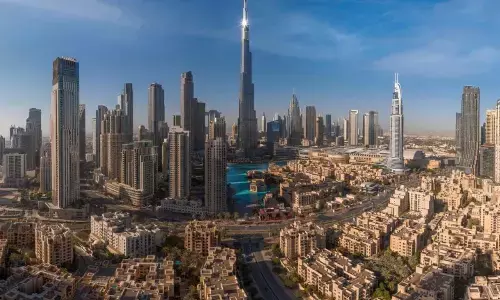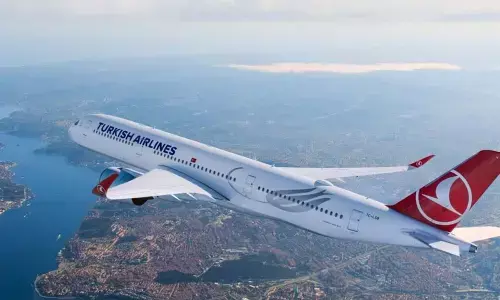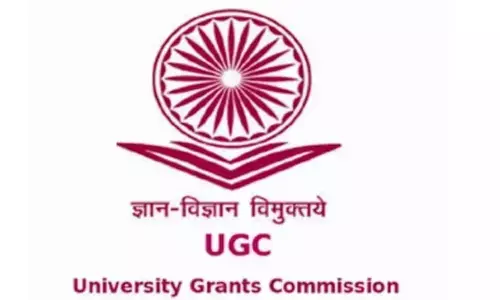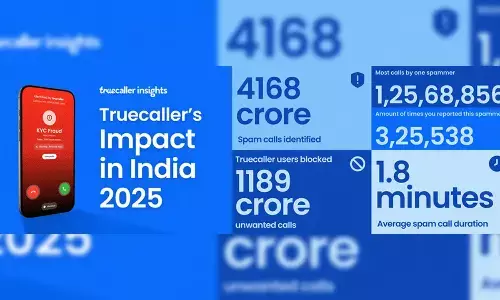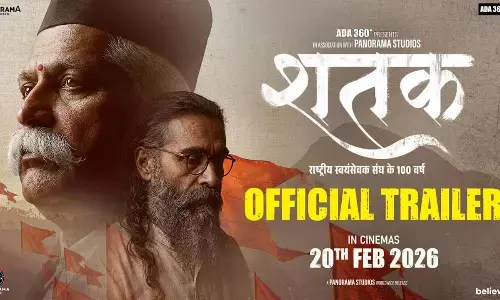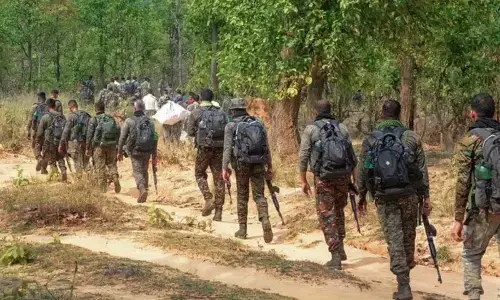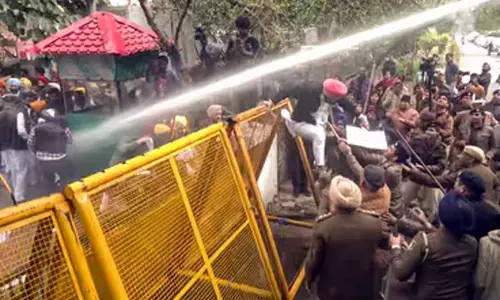Strategic autonomy on a new keel
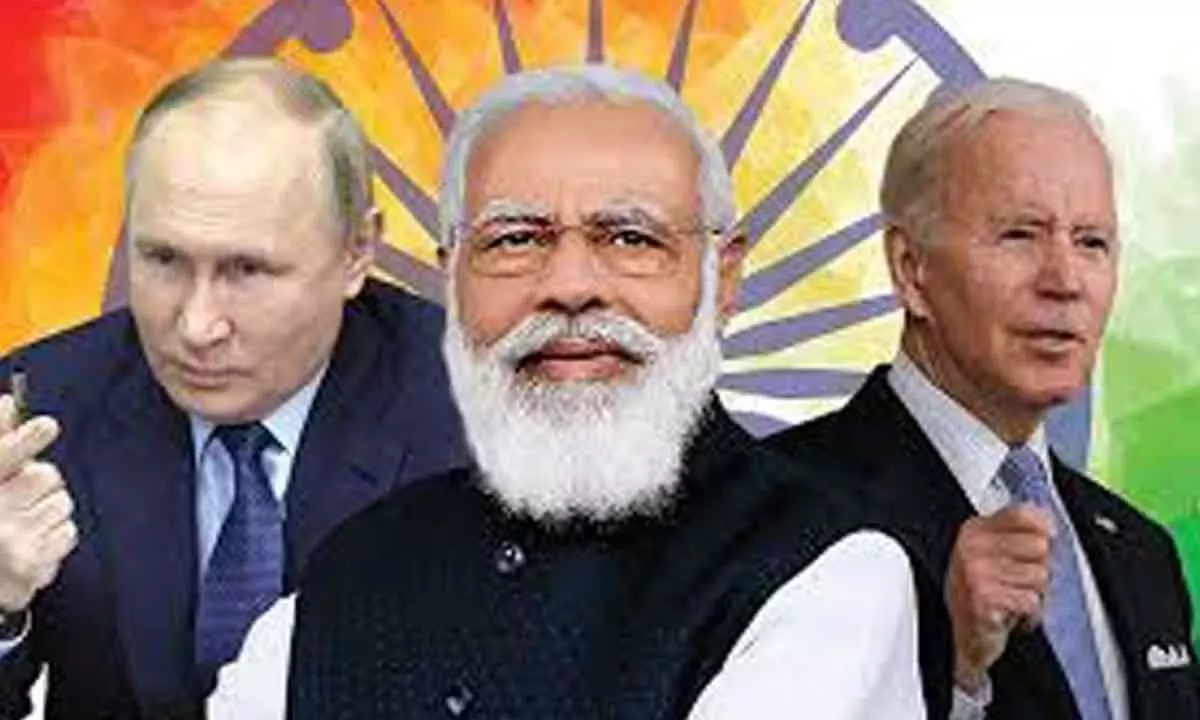
The call for strategic autonomy of a democratic nation like India goes beyond safeguarding of national security and demands high resilience built on multi-prong capabilities in areas of defence, independent foreign policy, economic strength and internal cohesion as well as a capacity to influence world opinion.
The call for strategic autonomy of a democratic nation like India goes beyond safeguarding of national security and demands high resilience built on multi-prong capabilities in areas of defence, independent foreign policy, economic strength and internal cohesion as well as a capacity to influence world opinion.
All this would not be possible to achieve unless the country is governed by a leadership that has complete dedication to the nation, total personal integrity and a strong political will. Unlike his predecessors, Prime Minister Narendra Modi combines these distinct traits of a national leader and it is not a surprise, therefore, that the rise of India as a world power, as a fast developing economy and as a global counsel has attracted attention at home and abroad only in his time.
Te alacrity with which India embraced Quad and the impartial but positive stand PM Modi stuck to on Ukraine-Russia military confrontation show a successful tackling of external threats and a constructive approach to international relations that kept India's national interests on top.
Still to recover from the devastation caused to economy everywhere by the Covid pandemic, India is also witnessing the rise of 'covert' offensives in the form of terrorism, spread of radicalisation and a spurt in narcotics trade - affecting the democratic world in particular.
The key components of the national strategy put in motion by Prime Minister Modi are not difficult to mark out: diplomatic and financial measures to counter the moves of the identified enemy, constant effort to make India economically strong by placing new emphasis on self-dependence in the sphere of defence, close monitoring of attempts made by forces - internal and external - to destabilise the nation and a firm commitment to world peace.
More than the external threats to national security, the problem of lack of internal cohesion that is exploited by hostile forces to destabilise India is a particular cause for concern. The opposition, clearly driven by realpolitik, is stepping up on minority politics to counter the BJP's special appeal to Hindus and in the process even projecting 'nationalism' as an unwanted concept. What is emerging as a serious threat to internal security is the Pakistan ISI's hand in pushing communal militancy in the direction of Islamic extremism in order to foster faith-based terrorism in India. What is disquieting - even if it is not surprising - is the fact that social media is being surreptitiously used by Pakistan as an instrument for spreading radicalisation and as a new weapon of 'proxy war' against India. Pakistan tried to use the platform of OIC for opposing the action of India with regard to Article 370 on Kashmir and also demanding 'national apology' from India for what the representative of a 'political party' might have said with regard to Prophet Mohammad - all this was done to project Muslims of India primarily as part of Ummah and uphold the right of Pakistan to interfere in the domestic affairs of India.
It is in the Modi regime that a close watch is kept on the forces inside and outside of India spreading radicalisation in this country including the anti-national outfits like PFI with adverse foreign links. The organisation was swiftly banned while it was at its height in subverting internal security by recruiting agents for radical bodies like ISIS to carry out acts of terrorist violence in the name of Islam.
This is what guided the Modi government to look into the affairs of many NGOs which worked on illicit funds and encouraged anti-national activities. Think-tanks indulging in 'politics by proxy' have cropped up in recent years and some among them have been in active collaboration with anti-India lobbies created by the adversaries abroad. It is largely with the aid from an extremely competent NSA that Prime Minister Modi has been able to counter all these invisible threats to national security.
Finally, it needs to be mentioned that the singular threat to India from the Sino-Pak axis has tested Modi government's capabilities for combining requisites of defence, diplomacy and development to safeguard strategic autonomy. Events in Afghanistan leading to the return of the Taliban Emirate in Kabul and the operation of China-Pakistan military alliance in Afghanistan, Kashmir and in fact at the global level, have added a new dimension to India's national security.
The Sino-Pak axis is being countered externally as also on our borders and on our own territory as well since these adversaries had a certain capacity to indulge in subversive activities on our soil. It is necessary to strengthen Indian presence all along the Chinese border with the objective of improving information flow and making joint civil-military response to any Chinese aggressiveness, more effective. Pakistan is being kept in check by using the retaliatory threat of surgical strike as a deterrent. Internationally, India is actively supporting the multilateral forum Quad to maintain rule-based order in Indo-Pacific and also shield the Indian Ocean from Chinese designs. Another remarkable feat of India under the leadership of Prime Minister Modi is that Indo-US strategic partnership has been kept on a strong footing notwithstanding the Russia-Ukraine conflict in which the US and Europe have totally been on the side of Ukraine militarily.
What is geopolitically important, however, is the fact that the world opinion on balance is in favour of India's stand for immediate cessation of armed confrontation and resumption of peace dialogue. In short it can be said without any ambiguity that Prime Minister Modi has preserved India's security and economic interests in a complex geopolitical scenario and consolidated the nation's strategic autonomy in a short span of time.
(The writer is a former Director of Intelligence Bureau. The views expressed are personal)



